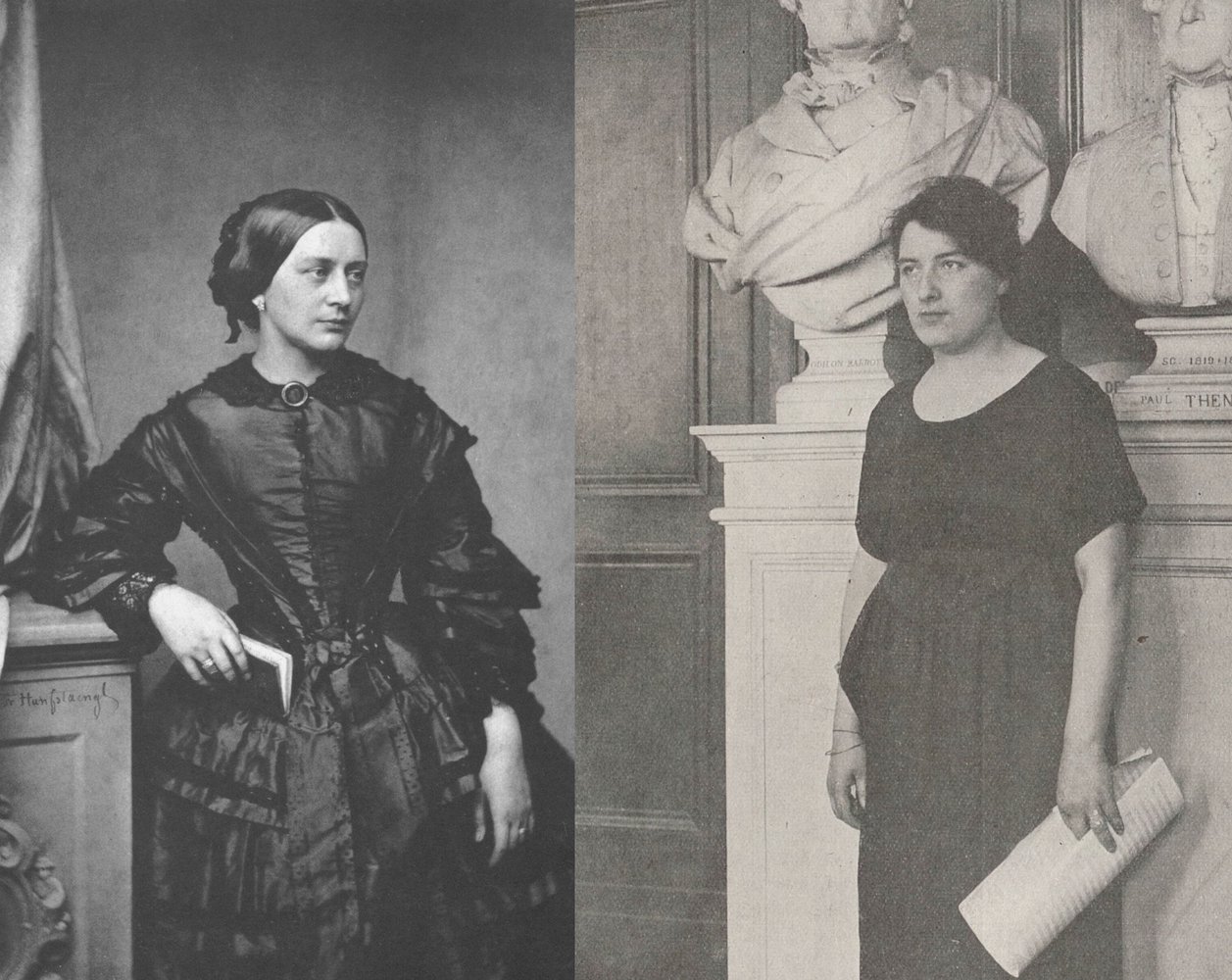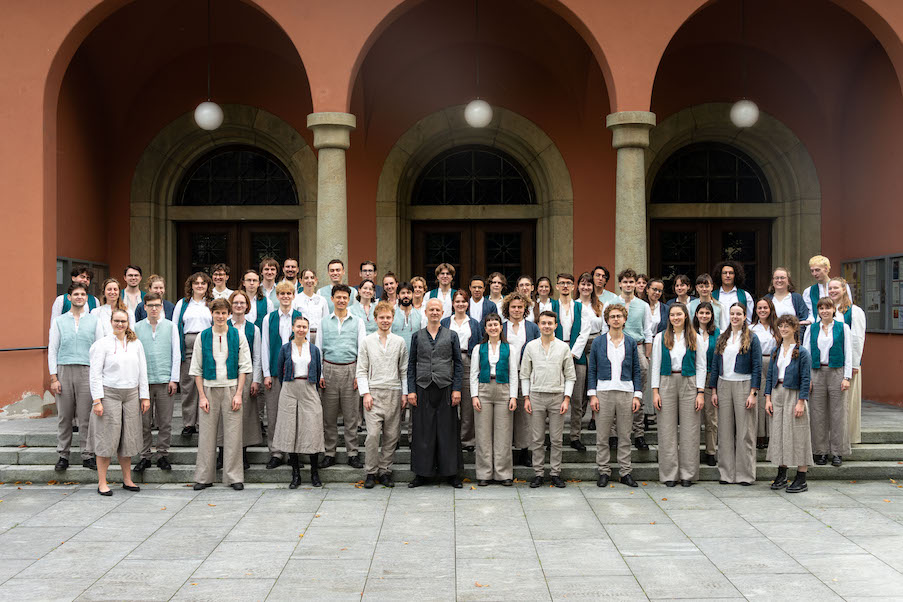Hindered composers
Two books present female composers whose creative impulse was thwarted: for one, sharply broken by the death of her beloved; for the other, progressively hindered by work and multiple worries.

Too often, Clara Schumann's life is measured against Robert's, overlooking the fact that when the latter died, his widow had forty years to live, more than half his life. A legendary pianist, renowned pedagogue and astute concert organizer, she was also a precocious composer whose output was first slowed by her marriage, then completely stifled by the death of the man she loved with devotion. On the contrary, if her concert career, begun in childhood under the guidance of a domineering father, fell into relative eclipse during her self-sacrificing matrimonial years, she once again criss-crossed Europe as soon as she was freed from her domestic duties, She made it her mission to serve and impose Robert's scores, playing and disseminating them, including through the monumental edition of his complete works, an apostolate aided among others by the faithful friendship of Brahms (of whom she was a favorite interpreter) and Joachim.
In her recent biography of this major figure in German music, Brigitte François-Sappey, a specialist in the Romantic period, combines erudition with effective narration, making for fascinating reading. The author makes no secret of Frau Doktor Schumann's shortcomings, her relationship difficulties, her incomprehension of masterpieces such as the Sonata in B minor by Liszt or Tristan and Isolde of Wagner, respectively regarded as awful and painful, or the self-denigration of her creative abilities, but it also makes explicit all the suffering and renunciations this courageous musician had to endure. In addition, each of Clara's pieces is presented and described in a sidebar, and the many coded references between the compositions of the two spouses are highlighted.
Despite being the second woman to win the Prix de Rome, in 1920 (seven years after Lili Boulanger), Marguerite Canal (1890-1978) sank into oblivion, although her magnificent sonata for violin and piano (which Enesco, shortly before her death, wished to include in his repertoire) has been frequently played since its premiere and has recently benefited from several recordings. This work, in the vein of Debussy, demonstrates the composer's powers of construction and melodic invention. Her melancholy music, at once modest and passionate, is also well expressed in a large body of melodies calling on poets who are often Parnassian or Symbolist, such as Baudelaire, Desbordes-Valmore, Leconte de Lisle, Rodenbach or Verlaine. Various obstacles, such as her difficult divorce and her activities as a pianist-accompanist and teacher, gradually hampered Marguerite Canal's creativity. In the end, she left unfinished the opera she had planned to write half a century before her death. The concise monograph published by Editions Delatour does justice to this endearing musician, written by Pierrette Germain, who hosted numerous radio programs for Radio-France over the decades, and is committed to raising awareness of neglected musical figures.

Pierrette Germain: Marguerite Canal, compositrice. La création entravée, 118 p., € 17.00, Editions Delatour, Sampzon 2022, ISBN 978-2-7521-0-450-2
Brigitte François-Sappey: Clara Schumann und icon romantique, 328 p., € 17.00, Le Passeur Editeur, Paris 2023, ISBN 978-2-36890-975-1








